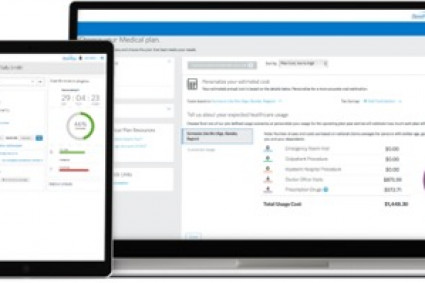
In the dynamic landscape of employment regulations, understanding the interplay between IR35 and umbrella companies is paramount for both contractors and employers. In this comprehensive guide, we delve into the intricacies of IR35 and the role of umbrella companies in the UK, shedding light on their relationship and implications.
IR35 Overview
IR35, also known as the Intermediaries Legislation, was introduced by HMRC to tackle tax avoidance by individuals working through intermediaries, such as limited companies, but who could be considered employees for tax purposes. Its primary aim is to ensure that contractors who work like employees pay similar taxes to those directly employed.
IR35 operates by assessing the employment status of individuals providing services through intermediaries. It scrutinizes the nature of the working relationship to determine whether the individual should be classified as an employee for tax purposes, even if they operate through a company structure. Factors such as control, substitution, and mutuality of obligations are considered in assessing employment status under IR35.
The legislation distinguishes between individuals who are “inside IR35” and “outside IR35.” Those deemed “inside IR35” are subject to employment taxes, such as income tax and National Insurance contributions, similar to permanent employees. In contrast, individuals operating “outside IR35” are treated as genuine contractors and are responsible for managing their taxes accordingly.
What is an Umbrella Company?
An umbrella company acts as an intermediary between contractors and their clients or agencies. Contractors become employees of the umbrella company, which then invoices the client or agency for the work carried out. The umbrella company handles payroll, taxes, and other administrative tasks on behalf of the contractor, providing a hassle-free solution for managing finances and compliance.
Umbrella companies offer contractors a compliant and convenient way to operate within the bounds of IR35. By becoming employees of the umbrella company, contractors alleviate the administrative burden associated with managing taxes and compliance. The umbrella company ensures that contractors are taxed appropriately and assists them in navigating the complexities of IR35 regulations.
IR35 and Umbrella Companies
The relationship between IR35 and umbrella companies is intricate. While IR35 targets individuals working through intermediaries to prevent tax avoidance, umbrella companies offer a compliant way for contractors to operate within the bounds of IR35. By becoming employees of the umbrella company, contractors mitigate the risk of falling foul of IR35 regulations, as the umbrella company ensures that they are taxed appropriately.
Umbrella companies play a crucial role in ensuring compliance with IR35 regulations. They assess the employment status of contractors and handle tax obligations accordingly, providing peace of mind for both contractors and clients. By partnering with umbrella companies, contractors can focus on their work knowing that their tax affairs are in capable hands.
How Does IR35 Affect Umbrella Companies
IR35 has significant implications on umbrella companies, influencing their operations and the services they provide to contractors. Under IR35, contractors deemed “inside IR35” are subject to employment taxes, such as income tax and National Insurance contributions, similar to permanent employees. Umbrella companies play a crucial role in ensuring compliance with IR35 regulations, as they are responsible for determining the employment status of contractors and handling tax obligations accordingly.
For contractors working through umbrella companies, IR35 affects their take-home pay and overall financial arrangements. Contractors deemed “inside IR35” may experience a decrease in earnings, as they are required to pay higher taxes compared to those operating “outside IR35.” However, umbrella companies offer valuable support in navigating IR35 complexities, providing guidance and ensuring compliance to mitigate risks for contractors and clients alike.
As you embark on your contracting journey or adapt to the changing IR35 landscape, the partnership with a contractor accountant becomes a strategic investment. Their expertise becomes a guiding light, helping you navigate the intricacies of IR35 and umbrella company dynamics.




